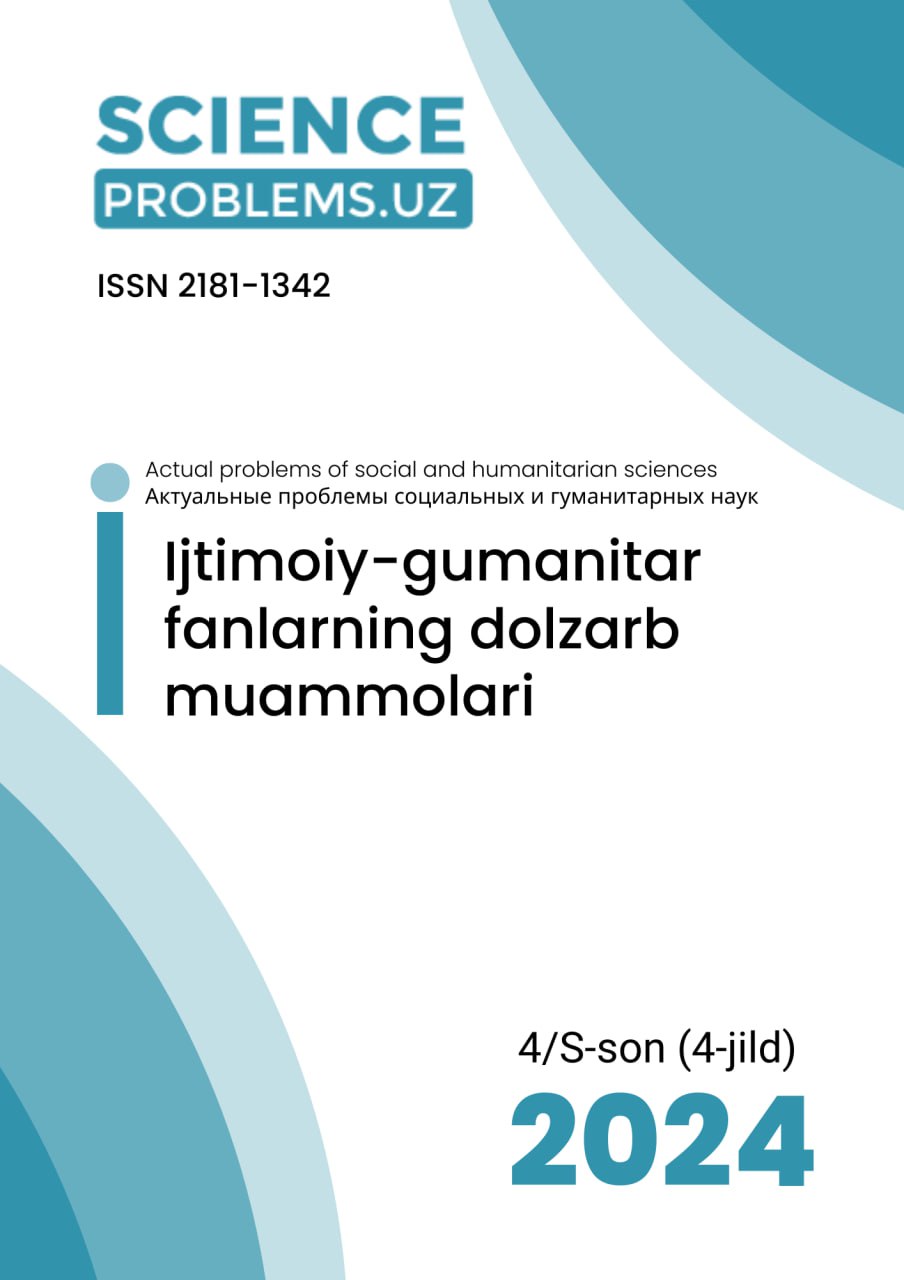DEFINITION OF ARTIFICIAL INTELLIGENCE: LEGAL ANALYSIS
DOI:
https://doi.org/10.47390/SPR1342V4SI4Y2024N40Keywords:
Artificial intelligence, legal regulation, legal definition, legislative definition, legal analysis of definitions.Abstract
The article examines existing approaches to defining artificial intelligence (AI) from a legal perspective and analyzes their limitations. The author proposes their own definition of AI for the purposes of legal regulation, which is technologically neutral, focuses on the key functional capabilities of AI (autonomous decision-making, learning, adaptation), and aligns with modern trends of AI development as a set of technologies. The advantages of this definition are its breadth, allowing it to cover various forms of AI, and the presence of clear criteria for distinguishing AI systems from regular software programs. However, the definition has limitations in its applicability to certain specific legal issues and does not solve all the challenges of AI regulation, which requires further development of a regulatory framework.
References
Calo, R. (2017). Artificial intelligence policy: A primer and roadmap. University of Bologna Law Review, 2(2), 180-218.
Communication from the Commission to the European Parliament, the European Council, the Council, the European Economic and Social Committee and the Committee of the Regions on Artificial Intelligence for Europe, COM/2018/237 final. https://eur-lex.europa.eu/legal-content/EN/TXT (Дата обращения 14.02.2024 г.)
Executive Order on Maintaining American Leadership in Artificial Intelligence, Issued on February 11, 2019. https://www.federalregister.gov/documents/2019/02/14/2019-02544/maintaining-american-leadership-in-artificial-intelligence (Дата обращения 15.02.2024 г.)
John McCarthy. What is artificial intelligence? https://www-formal.stanford.edu/jmc/whatisai/whatisai.html (Дата обращения 22.05.2024г.)
McCahery, J.A. Corporate governance of non-listed companies - Корпоративное управление для нелистингуемых компаний / J.A. McCahery, E.P. Vermeulen. – Oxford : Oxford University Press, 2010. – 280 с. – ISBN 978-0199596386.
Gulyamov Said Saidakhrarovich, & Bozarov Sardor Sokhibjonovich. (2022). STRATEGIES AND FUTURE PROSPECTS OF DEVELOPMENT OF ARTIFICIAL INTELLIGENCE: WORLD EXPERIENCE. World Bulletin of Management and Law, 9, 66-74. Retrieved from https://scholarexpress.net/index.php/wbml/article/view/84
Russell, S., & Norvig, P. (2020). Artificial intelligence: a modern approach (4th ed.). Pearson.
Арзамасов Ю.Г. Комплексный подход к определению искусственного интеллекта. // Вестник ВГУ. Серия: Право. 2022. №3 (50). С. 108-109.
Жеребкин В.Б. Логический анализ понятий права. // Киев. 1976 г. С.4.
Национальная стратегия развития искусственного интеллекта на период до 2030 года, утвержденная Указом Президента Российской Федерации от 10.10.2019 № 490. http://www.kremlin.ru/acts/bank/44731 (Дата обращения 15.02.2024 г.)
Куффнер, Д. (2019). Искусственный интеллект: Современные методы решения. ДМК Пресс.
Мёрдок, Я. (2019). Искусственный интеллект: Инструменты для решения реальных задач. ДМК Пресс.








